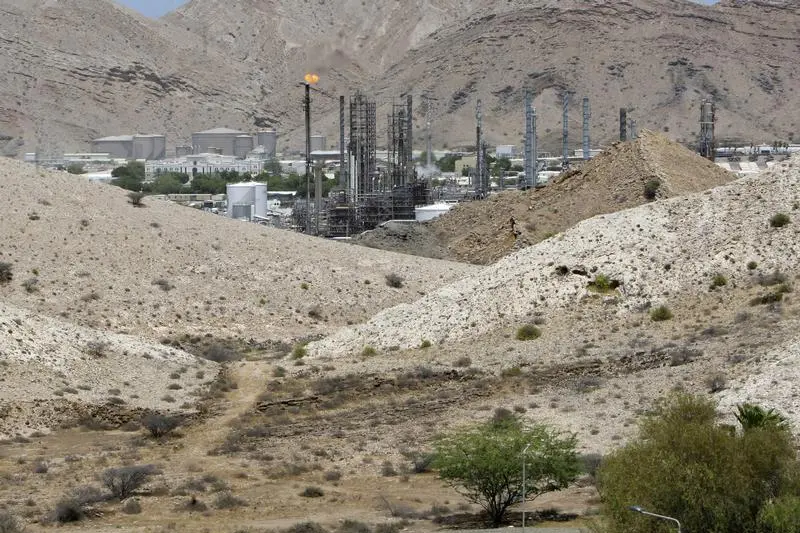PHOTO
Tuesday, Feb 07, 2017
Muscat: Oman government has asked a committee to find mechanisms to reduce the impact of oil price fluctuations that includes the introduction of fuel subsidies for segments of society most affected by the changes.
The Council of Ministers ordered that the price of M91 fuel to be frozen at its February level until the government finds alternative mechanism to help those who have been affected by the fuel price hike, according to Oman News Agency (ONA).
“In the context of the government’s efforts to support segments of society that have been affected by the increasing fuel prices, the Council of Ministers has addressed the follow-up committee in charge of fuel prices to find mechanism to support the deserving citizens due to the fuel prices hike. The M91 fuel price of this month be fixed until the mechanism referred to comes into effect,” the council said in a statement
The General Federation of Oman Trade Unions (GFOTU) on Monday urged the government to consider fuel coupons for the workers who are most affected by fuel price increase.
The GFOTU issued a statement calling the government to review the increase saying it has affected the majority of the workers in the private sector.
It pointed out that 60 per cent of Omani workers in the private sector earn less than 400 riyal per month.
“I think it’s a good move as many of us have been struggling due to the fuel price hike, said Ahmad Al Beloushi, who works for a leading construction company in the capital Muscat.
“I have to drive every day from Barka province, 60km away from the capital. I only earn 400 riyal per month. I used to spend 30 riyals for fuel before the prices were revised. Now I have to pay around 45 riyals to buy fuel,” said Al Beloushi.
Another worker, Salim Al Jahdami, said that introducing the fuel coupon will ease the burden as many of the workers have families to feed and loans to pay. “It’s a good proposal. I hope that it will see the light of the day soon. I used to save little money before the reviewing of fuel prices but now I couldn’t,” said Al Jahdami.
The elected Shura Council will discuss on Wednesday recommendations of the committee on addressing implications of the economic crisis and its impact on the community in terms of pricing fuel.
The council will also discuss recommendations and executable solutions made by members of the committee in relation to the fuel pricing for the current month and the resulting public discontent, as well as the impact on some segments of society, reported ONA.
The Committee members emphasised the impact on citizens and their discontent due to the fuel price rise this current month, noting a rise in the cost of transportation by taxi, in addition to its effect on students in universities, colleges and schools as well as consumers.
The Committee also discussed the mechanism for determining the oil price and its positive and negative repercussions on the national economy, as well as finding a way to support some segments of the society, such as low income citizens, students and others.
The Ministry of Oil and Gas announced the fuel prices for February last week after which diesel will cost 205 baisa per litre, compared to 195 baisa in January, the highest ever in Oman.
M91 will cost 186 baisas per litre, compared to 176 baisas last month, while M95 will be 196 baisas per litre, up from 186 baisas in January.
Many Omanis via social media platforms recently urged the government to reduce the fuel prices. They also proposed to provide a monthly allowance to low-income families to help them buy fuel.
In January 2016, when government started reviewing the fuel prices, diesel was costing 146 baisas a litre and M95 120 baisas.
The 2017 general budget of Oman focuses on austerity measures and spending cuts owing to the plunge in oil prices. The government spending this year is estimated at 11.7 billion riyals (Dh111.3 billion) and revenues 8.7 billion riyals, which would result in a deficit of 3 billion riyals.
Oman posted a budget deficit of 5.3 billion riyals in 2016, as revenues declined by more than 30 per cent. The actual deficit has turned out to be much higher than expected; it was 4.8 billion riyals in the first 10 months of 2016, according to official data.
By Fahad Al Mukrashi Correspondent
Gulf News 2017. All rights reserved.





















